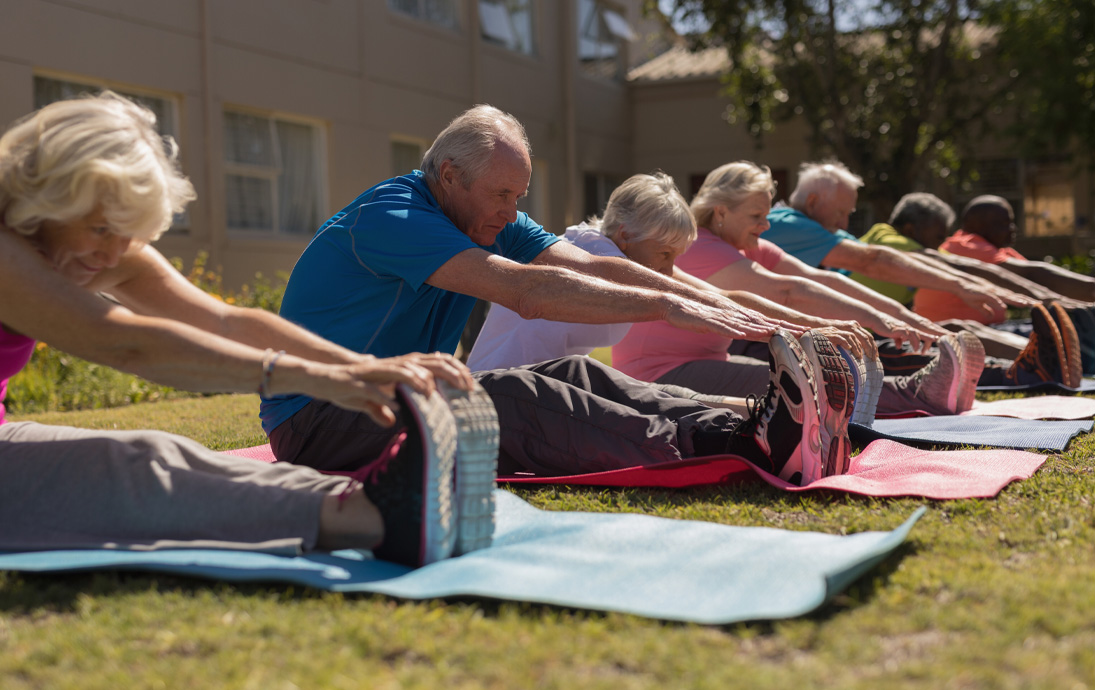
The importance of exercise is multidimensional.
Exercise has an impact on our physical health, our mental health, and our emotional health. In fact, besides quitting smoking, getting regular exercise is one of the most important choices you can make to improve wellness! One important effect of regular exercise is its impact on heart health. The heart is a muscle, and it responds to regular exercise by becoming stronger and more efficient. Here is what you need to know about exercise and heart health.
The heart needs aerobic exercise.
Aerobic exercise is any physical movement that raises your heart rate and increases your breathing rate for an extended period of time. Examples of aerobic exercise include walking, running/jogging, swimming, biking, dancing, and jumping rope. Aerobic exercise helps to strengthen the heart and improves circulation. It’s important to maintain an elevated heart rate during aerobic exercise. For many people, this is a range between 50% and 85% of the maximum heart rate (220 minus age = maximum heart rate). But current fitness and personal health history have an impact on the safe aerobic range, so it is best to discuss this with your doctor before beginning any exercise program.
Your heart will benefit from strength training.
Strength training helps to build muscle, which helps to burn calories and maintain a healthy body weight, important for heart health. Strong muscles are also needed to sustain aerobic exercise. Consider working out with weights or doing bodyweight training, such as pushups, lunges, and planks.
- Flexibility training will also benefit your heart by protecting you from injury and allowing you to maintain an aerobic exercise program. Stretch gently after warming up and after exercising. Consider yoga for an excellent whole body approach to flexibility.
It is recommended that individuals work out for at least 150 minutes a week of moderate intensity exercise. Moderate intensity exercise increases heart rate and breathing rate but still allows for talking without difficulty while vigorous exercise makes holding a conversation difficult. Add movement throughout the day when possible, taking a walk at lunch or taking the stairs when you can. Schedule 30 minutes of aerobic exercise, 5 days a week. If you don’t have 30 minutes, you can break that up into two 15 minute sessions. Taking care of your heart means eating well, getting good sleep, and exercising regularly. Invest in your health by participating in aerobic exercise, strength training, and stretching.


